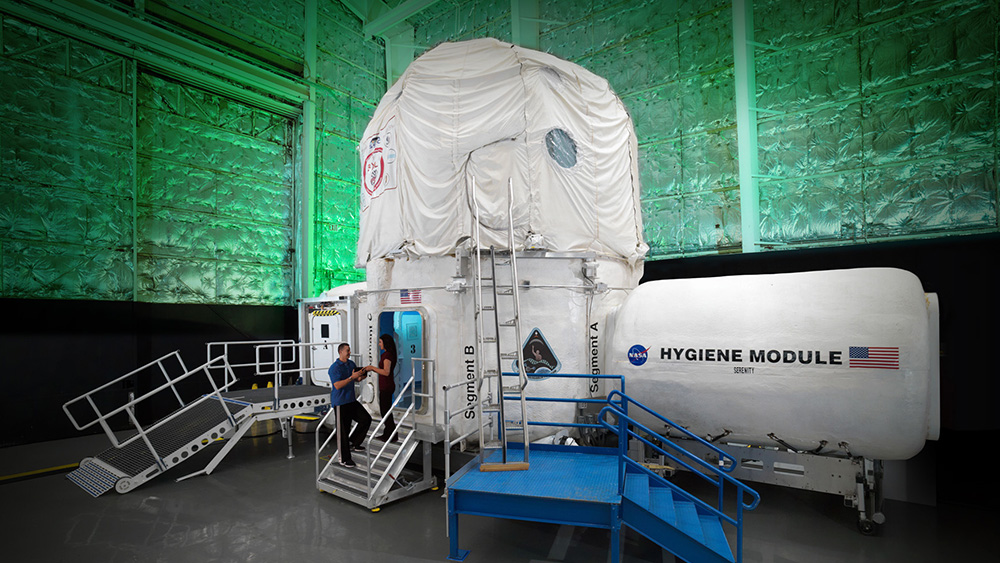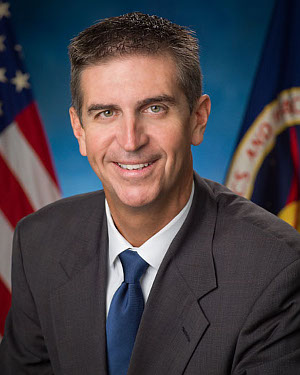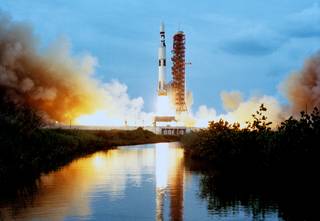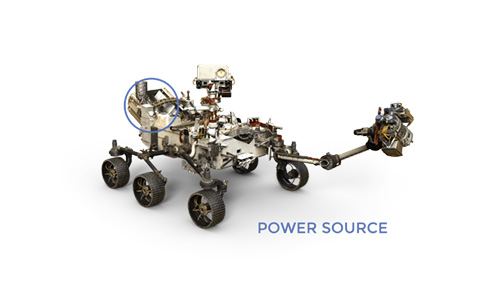

Q: Do you have a favorite memory of engineering or the university?
A: I've loved engineering and physics long before I attended Texas A&M, so it was a good fit for me. What I remember most are the crazy long study hours, although I did enjoy what I was studying and still do. Even though my master’s program was only a year, I was shocked at all the things I learned that I didn't know coming out as an undergraduate. It was amazing.
I enjoyed the cultures and traditions and I fully immersed myself in all of them. I believe you get out what you put into it. I’ll never forget being a fish camp counselor or living in Puryear Hall for three years, which didn't have any air conditioning.
My grandfather was the class of 1919 and my daughter is the class of 2019. His brother was the class of ’23 and my dad, uncle, cousins, my sisters, my wife, my daughters, and several of my nieces and nephews have attended Texas A&M.A: I was getting my masters in health physics and there was a huge demand for that degree. A lot of national labs and clean-up sites were hiring. I was interviewing with power plants, universities and facilities, and was close to deciding where I would go. Then we had a Ph.D. student join our department and he was being funded by NASA. I had never thought of working for NASA. Dr. Poston had a couple of contacts down at the Johnson Space Center so I started making cold calls. People politely told me, ‘Sorry, we don't have anything for you’ a few times. Then one call I got lucky. I was talking to the (Johnson Space Center) space radiation health officer. We ended up talking on the phone for about an hour and he invited me down for a face to face interview. They made me an offer (which happened to be the lowest offer I had received). I took it and I've been here ever since. I started out with NASA contractors Kelsey Seybold, then Rockwell International, then Lockheed Martin, and finally switched to the government side with NASA.

Q: What motivated you to pursue NASA instead of a higher paying career and what motivates you in general?
A: I grew up in Houston. I think part of it was growing up in the ’70s, so I remembered the moon missions, Skylab and NASA was a big part of Houston. I played Neil Armstrong in my sixth-grade play, so for me working at NASA was a dream job. When they offered me that position, even though it was the lowest offer I'd received from anyone, I jumped at it.
I would say what motivates me is teamwork. I love what can be accomplished when a team comes together and works toward a common goal. I've been fortunate to be a member of and lead great teams.
I remember I was leading a hardware development team. We were designing and building the extra vehicular charged particle directional spectrometer, which is still on the International Space Station. I came to work and my guys were so motivated, I hadn't realized that a couple of them had been there for two straight days without going home or sleeping. They were trying to make sure we met a deadline. I had to put them in my car and drive them to their houses. I love that team dedication.
Q: Why do you support space travel?
A: I'm an engineer, I'm an optimist and I love adventure. If you were to put all those together and create a job, it would probably come back as space exploration. I also think our message is good. We're inclusive of all, across nationalities and countries.

Q: What are some examples of nuclear engineering in the space industry?
A: We have radioisotope thermoelectric generators to generate electricity using the heat released by decay of PU-238, Sr-90, and other suitable isotopes. We are also working on different propulsion ideas and looking to nuclear energy to generate heat. Nuclear energy is our best bet for long-term space probes. People living on the moon or mars at this point would likely use small reactors.
A: Don't be afraid to take risks. I see people come out of school and they'll get stuck, if you will, in a certain job or discipline. If that’s all you want to do that’s fine. But if you want to move into leadership positions, or even a different discipline, I would encourage people to take steps and move in those directions. You don't know what you're going to think 15 years from now. I've watched people who are scared to leave the comfort zone that they've probably known since they were an undergrad. I would encourage anyone to move away from their comfort zone. That's how you grow and learn and become more of a benefit to the organization as well as a happier version of yourself.
Q: Do you have any ethical concerns about future space travel?
A: It’s always possible that corporations could take things in the wrong direction, but that’s true of a lot of technology. Hopefully nobody goes in those directions, but I think just because a nefarious option is always out there doesn't mean you should halt innovation and stop pursuing the technology altogether.
I guess I just don't look at it that way. At NASA we interact with people from many different countries, and they're all great people. One of the best parts that I've had working on the International Space Station Program is being able to travel to Europe, Japan and Russia to work with those scientists. The people are all amazing. We're much more similar than we are different.